Volcanic fallings out within bands are an ever-recurring motif in the history of rock music. There’s an obvious reason for this: most musicians pick up an instrument in the first place not because they hear the call of Euterpe but because they’re sailing on the HMS Ain’t Gettin’ None.
They dream of fame, fortune and the cream of international crumpet, so they form a band with like-minded fellows — and then find that not all musos are created equal. One member will inevitably become the focus of female attention. Usually it’s the lead singer, who will often be the prettiest; imagine how the three ugly Doors felt, expertly playing their instruments while teenage girls screamed with lust at drunk, shambling, beautiful Jim Morrison.
Brian Wilson of the Beach Boys was an exception; no teen idol, he was talented beyond belief. His bandmates, more physically blessed, veered between awe and exasperation at this half-mad genius. Now one of them — Wilson’s misnamed cousin Mike Love — has put his feelings down on paper.
Aware of the misery memoir conventions, he begins by saying ‘Make no mistake, I wasn’t raised at Disneyland.’ But he is such a braggart that he is soon telling us that his childhood home had ‘three floors, 14 rooms, five bathrooms, and amenities of all kinds… the chandelier cast a soft glow over the living room… the swimming pool beckoned.’
Soon, despite the sun-kissed Cali upbringing, you’re getting a distinct whiff of David Brent and Alan Partridge; ‘I didn’t have a lot of close friends, or maybe just didn’t let many people get close to me. I was more comfortable as a renegade.’ At high school he is racist to the point of using the N-word freely to his black classmates’ faces, but that’s OK because ‘I got along with the black kids, partly because I was good at sport… I could cross these racial boundaries.’
What with Brian Wilson being universally worshipped, Love is smart enough to know that attacking the real source of his inferiority complex would make him look like a bitter bully. Instead, he goes after Dennis, Brian’s brother, the looker of the band and also conveniently dead. There’s an extended passage about Dennis being beaten up by two professional goons which reads like an outline to a Tarantino sequence — you can practically hear
Love licking his lips. To make up for not being sexy like Dennis, he offers to suck female co-performers’ toes in order to relax them.
Wilson, predictably, comes across as a charming, infuriating, bemused child-genius. Mind you, you can understand Love’s frustration when Wilson succumbs to the arch-charlatan Dr Eugene Landy, who turned him into a zombie cash-cow, causing him to reject all contact with his former bandmates and co-write with him a book amusingly called Wouldn’t It Be Nice, in which Love is described as ‘smarmy’ and ’creepy’, and that writing songs with him ‘nearly killed me several times over’.
You can see why Wilson wanted to draw a line between his and Love’s input. Wilson’s love songs are up there with Cole Porter, while Love’s are like something you’d hear at a suburban orgy. There’s one bloodcurdling little number called, ahem, ‘Rockin’ the Man in the Boat’ about a pervert spying on a masturbating female, and even worse is ‘Hey Little’, which would have got his collar felt if he was resident in Blighty.
At the merciful end of this book Love is 75, a two-faced gluten-free bellend, banging on about mindfulness and universal love in one paragraph and in the next saying of his dead cousin, ‘Since Carl’s passing, the shows have never been better.’ This book will cheer up keen observers of ass-hats who think they’re all that. But if I were you, I’d spend the money on a Beach Boys record instead.
Or, indeed, on Brian Wilson’s new memoir. From the start you know you’re in for something special. Someone once explained to me the difference between being childish (bad) and being childlike (good), but sadly I was too childish to grasp it. But this book reads like the work of a child who has lived an extraordinarily eventful life, which he is still struggling to understand as he enters his dotage.
Whereas Love’s book is a cross between a boast and an excuse, Wilson’s is so painfully honest and affecting I found it impossible to read more than a chapter at a time. But it has nothing of the misery memoir about it, perhaps because the survival of such talent feels like a victory for the human race, let alone the man himself.
It’s a peculiar book, veering between banality and the lyricism of a man widely considered to be one of America’s greatest poets. His pathological modesty (when a fan comes to his door, Wilson welcomes him in but asks: ‘Are you sure you want to see me? Not John Lennon or Harry Nilsson? I’m all washed up’), and constant amazement at compliments from far lesser artists, make you wonder whether these are coping mechanisms for genius visited upon a man who is not conventionally intelligent.
He ends the book wondering about future collaborators, such as Paul
McCartney (‘But I am not sure if he would really want to’) or Barry Gibb (‘He is like King Kong’). But mostly he sits in his chair in his den, as his wife explains to him patiently, day after day, that his brothers are dead and the voices in his head are not real.
Brian Wilson does not live by any of the advertising jingles that pass for beliefs in our secular society. He doesn’t think he’s ‘worth it’, and he’s certainly not ‘comfortable in his own skin’. But he was born with something that makes most of us look like the useless, self-satisfied monkeys we are; a talent so extreme it’s hard to believe that he was not in some way touched by the hand of the Lord.
The post Falling out with Love appeared first on The Spectator.
Got something to add? Join the discussion and comment below.
Get 10 issues for just $10
Subscribe to The Spectator Australia today for the next 10 magazine issues, plus full online access, for just $10.
You might disagree with half of it, but you’ll enjoy reading all of it. Try your first month for free, then just $2 a week for the remainder of your first year.


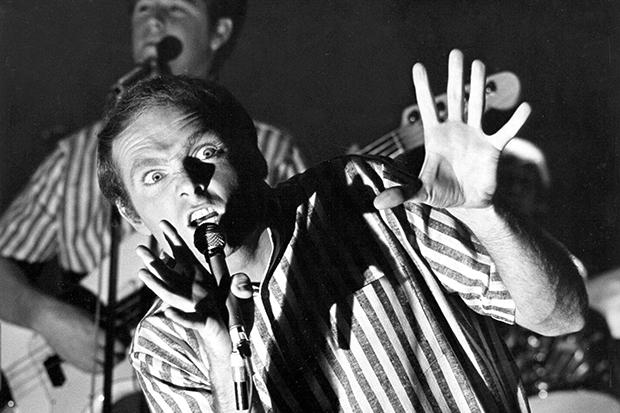
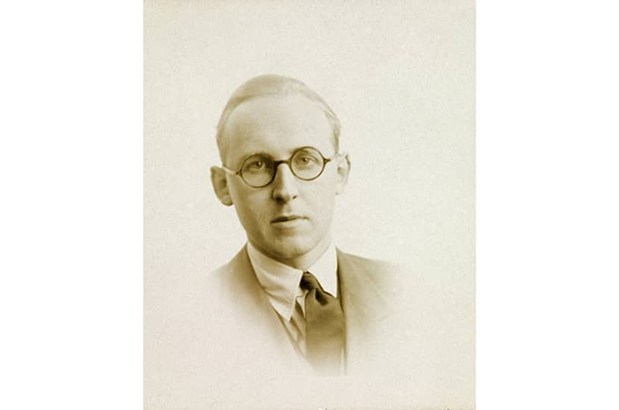
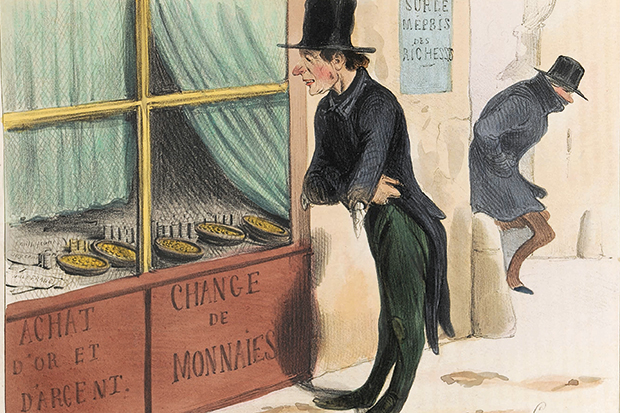
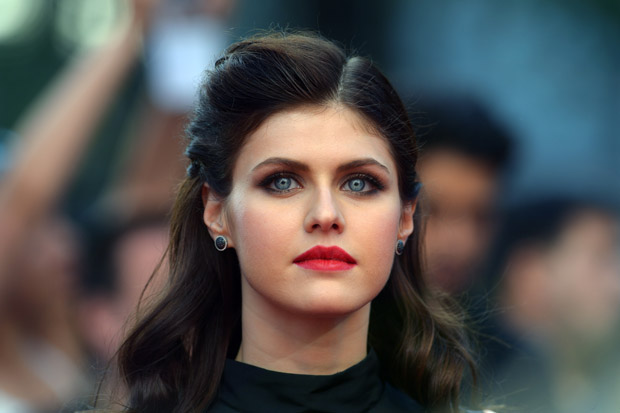

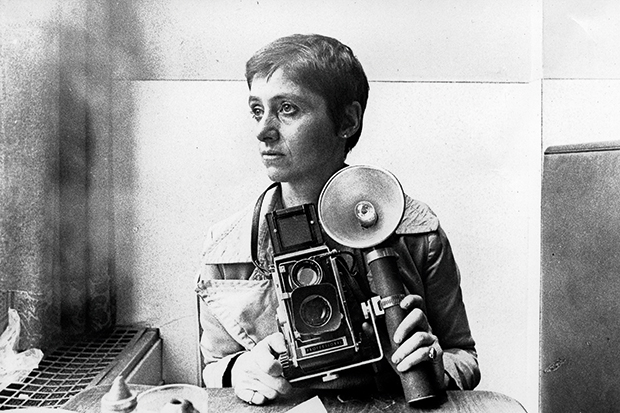
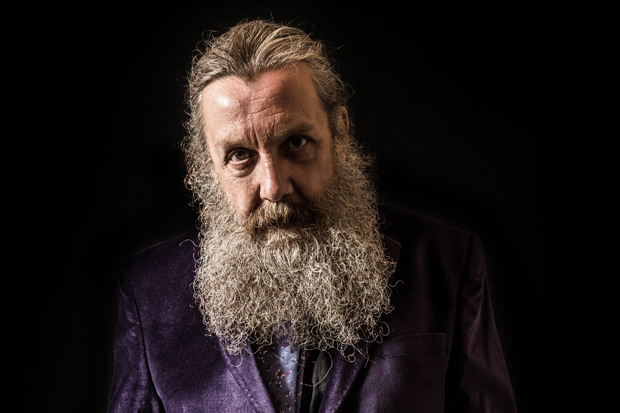






Comments
Don't miss out
Join the conversation with other Spectator Australia readers. Subscribe to leave a comment.
SUBSCRIBEAlready a subscriber? Log in